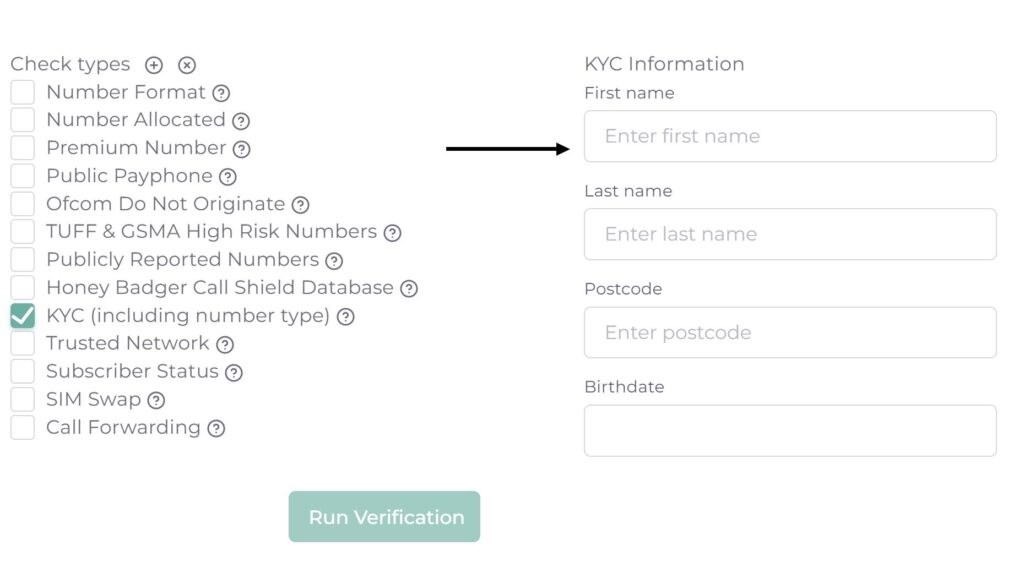Invoice finance is a financial service where businesses sell their accounts receivable (invoices) to a third party at a discount. This service provides immediate cash flow to businesses, which is especially beneficial for companies that have longer invoice payment terms.
How Invoice Finance Works
- Invoice Issuance: A business issues an invoice to its customer for goods or services rendered.
- Selling the Invoice: The business then sells this unpaid invoice to an invoice finance provider.
- Immediate Payment: The provider pays a significant portion of the invoice value to the business upfront.
- Customer Payment: The customer pays the full invoice amount directly to the finance provider on the due date.
- Final Settlement: The provider then pays the remaining balance to the business, minus a fee for the service.
Why Businesses Use Invoice Finance
- Improved Cash Flow: It provides immediate liquidity, helping businesses to manage cash flow effectively.
- Growth and Expansion: Access to immediate funds can facilitate growth and expansion activities.
- Debt Avoidance: Unlike loans, invoice financing does not create debt on the company’s balance sheet.
- Flexibility: Companies can choose which invoices to finance, offering flexibility in managing finances.
Risks Faced by Invoice Finance Providers
While invoice finance offers substantial benefits, it also comes with risks, particularly from fraud:
- Fake Invoices: Businesses might create false invoices to obtain financing. These fraudulent invoices represent no real transaction.
- Duplicate Financing: The same invoice could be financed by multiple lenders, a practice known as “double dipping.”
- Collusion with Customers: Businesses may collude with their customers to create fraudulent invoices.
- Non-Payment Risk: There is always the risk that the customer will not pay the invoice, whether due to financial difficulties or fraudulent intent.
Managing Fraud Risks
Invoice finance providers often implement various measures to mitigate these risks:
- Due Diligence: Conducting thorough checks on the businesses and their customers before approving finance.
- Invoice Verification: Verifying the authenticity of each invoice with the debtor.
- Monitoring: Regularly monitoring the business’s financial activities and the status of invoices.
- Insurance: Some providers take out insurance to protect against the risk of non-payment.
Invoice finance is a valuable tool for businesses needing to improve cash flow and manage working capital more effectively. However, providers of invoice finance face significant risks, especially concerning fraud. Through careful management and due diligence, these risks can be mitigated, ensuring that this financial service remains beneficial for both businesses and finance providers.
How can Honey Badger help?
Honey Badger provides a risk solution designed for and built in collaboration with invoice finance providers. From basic company and contact information, Honey Badger will instantly run hundreds of checks to identify and measure the risk associated with a a business. A report is generated showing key risks and where additional due diligence should be conducted. To find out more visit Honey Badger’s Risk Insights page.







